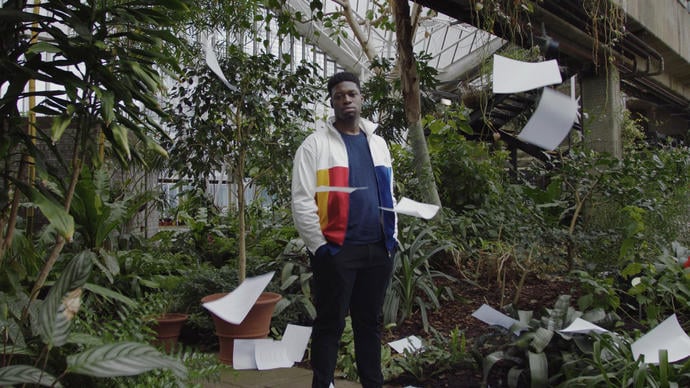Despite the sea-change in women’s expectations that began in the early 1970s, marriage and motherhood were still the presumed goals for women. Opportunities for higher education and career paths existed, but the women who pursued them were not expected to continue a career once they started families. For those that bucked this trend, there was little if any support.
Sheila Rowbotham’s first article on Women’s Liberation featured in Jean Luc Godard’s British Sounds (1969). Since then as well as writing on the history and contemporary position of women, she has continued to be involved as a participant and a commentator on British radical films as diverse as the Berwick Street Collective’s Night Cleaners (1975) and Isaac Julien’s Looking for Langston (1989). In 1993 she helped to research Bandung’s A Life of Dissent - Remembering E.P.Thompson (1993) directed by Alexandra Anderson and produced by Tariq Ali. With Huw Beynon she coedited the collection Looking at Class: Film Television and the Working Class in Britain (2001) which features, among others, Tony Garnett, Sally Hibbin, Marc Karlin, Ken Loach and scriptwriter Jacquetta May.
Curated by: Ann Deborah Levy and Kirsten Larvick, Co-Chairs, the Women’s Film Preservation Fund, with programming assistance from Susan Lazarus and Amy Aquilino
The Women's Film Preservation Fund (WFPF) is the only programme in the world dedicated to preserving the cultural legacy of women in the industry through preserving films made by women. Founded in 1995 by New York Women in Film & Television in conjunction with the Museum of Modern Art (MoMA), WFPF has preserved more than 150 American films in which women have played key creative roles. These include works by early feminists, women of colour, social activists and artists that represent unique and irreplaceable contributions to American cinematic heritage. Films already preserved range from those of early pioneers, Lois Weber and Alice Guy Blaché, experimental filmmaker, Maya Deren, animator Mary Ellen Bute, to more contemporary feature director Julie Dash; director and cinematographer Jessie Maple; documentarians Trinh T. Minh-ha and Barbara Kopple, and more. The WFPF is rewriting the film history books, one moving picture at a time. More information can be found online at: www.womensfilmpreservationfund.org
New York Women in Film & Television (NYWIFT) supports women calling the shots in film, television and digital media. NYWIFT energises the careers of women in entertainment by illuminating their achievements, providing training and professional development, and advocating for equality. The preeminent entertainment industry association for women in New York, NYWIFT brings together nearly 2,100 women and men working both above and below the line. NYWIFT is part of a network of 40 women in film chapters worldwide, representing more than 10,000 members. More information can be found online at: www.NYWIFT.org







